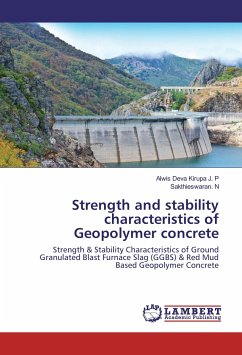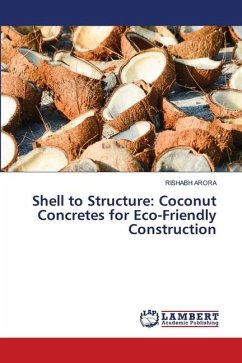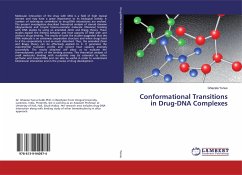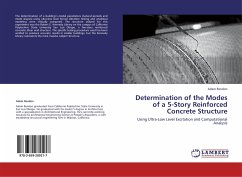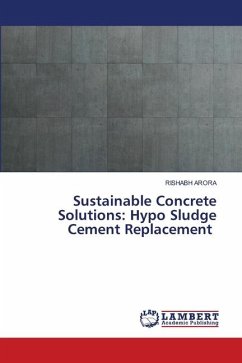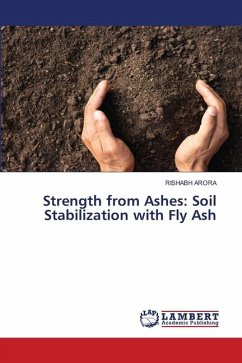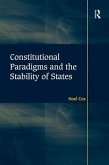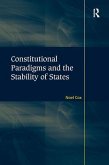Global Warming is a major problem that world faces today. Production of Portland cement is main concern in emission of pollutants. Geo-polymer concrete is a best alternative to OPCC. Geopolymers are chains or networks of mineral molecules linked with co-valent bonds produced by a polymeric reaction of alkaline liquids with Al-Si minerals. METHODOLOGY: Four mixes are made in the ratio Mix A(70%GGBS & 30% RM), Mix B(73%GGBS & 27% RM), Mix C(76%GGBS & 24% RM), Mix D(80%GGBS & 20% RM). Specimens are heat cured for 1day. CONCLUSION: Mix D shows best properties owing to the hybrid fibers and Red Mud reduction. It is seen that, there is about 30% increase in flexural strength when compared to OPCC. Specimens attained their properties at temperature of 40-50oC. Hence sunlight curing is sufficient. GPC exhibited strength gain of 23% when contacted with 5% H2SO4 and 17% with 5% Na2SO4 while OPCC suffered losses.
Bitte wählen Sie Ihr Anliegen aus.
Rechnungen
Retourenschein anfordern
Bestellstatus
Storno

